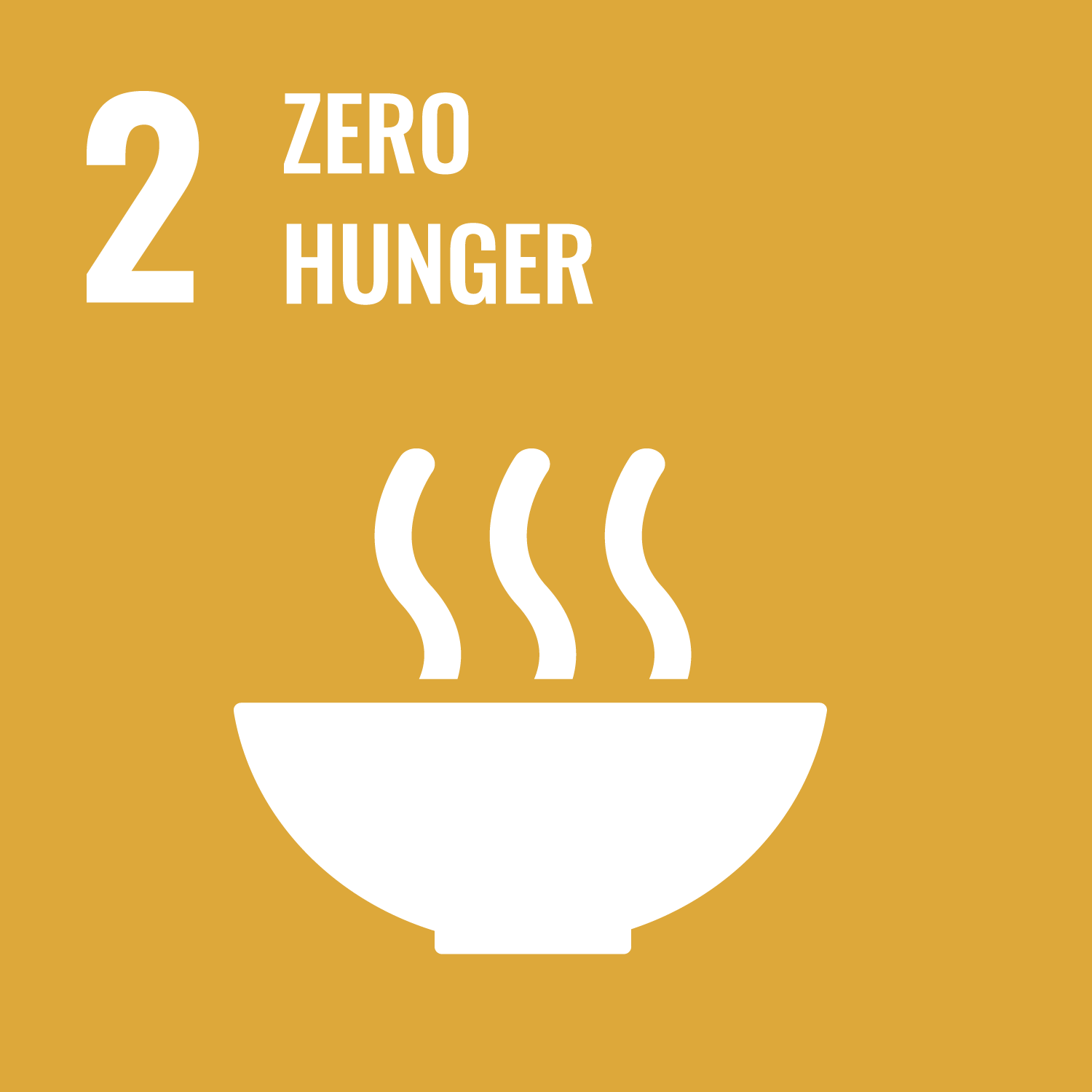Hasan, M.J. orcid.org/0009-0008-3451-0267, Mazumdar, S. orcid.org/0000-0002-0748-7638 and Momen, S. orcid.org/0000-0001-8683-7247 (2025) Deployable deep learning for cross-domain plant leaf disease detection via ensemble learning, knowledge distillation, and quantization. IEEE Access, 13. pp. 140313-140336. ISSN: 2169-3536
Abstract
Accurate leaf disease detection via smartphone-based deep learning holds immense potential for mitigating global crop losses. However, significant deployment challenges persist when transitioning from controlled laboratory environments to real-world agricultural conditions. Despite recent advances, three fundamental barriers remain: cross-domain generalization, severe class imbalance, and computational limitations for edge deployment. This study introduces the first open cross-domain benchmark for tomato leaf disease detection, unifying PlantVillage and TomatoVillage datasets into 15 harmonized disease classes to enable reproducible evaluation across domains. We propose a unified optimization approach integrating ensemble learning, knowledge distillation, and quantization across 24 deep learning architectures for edge-compatible disease detection. Strategic data augmentation and ADASYN-based balancing mitigate the severe 75:1 class imbalance, while systematic hyperparameter tuning optimizes model configurations. Our four-model ensemble (DenseNet-121, ResNet-101, DenseNet-201, EfficientNet-B4) achieves 99.15% accuracy via soft-voting. Knowledge distillation transfers ensemble capabilities to compact ShuffleNetV2, maintaining 98.53% accuracy with 163× parameter reduction and 43.6× speedup. INT8 quantization provides 671× compression (1.46 MB) while sustaining 97.46% accuracy, enabling 0.29ms inference. Cross-dataset validation demonstrates robust generalization with only 3.45% performance degradation. Grad-CAM++ and LIME-based explainability confirm biologically grounded attention patterns aligned with plant pathology principles. Finally, field deployment via a multilingual and multi-platform Flutter application validates real-world feasibility, establishing the first scalable framework bridging research and practical agricultural deployment. This work sets a standardized benchmark and extensible methodology for future multi-dataset precision agriculture research.
Metadata
| Item Type: | Article |
|---|---|
| Authors/Creators: |
|
| Copyright, Publisher and Additional Information: | © 2025 The Authors. This is an Open Access article distributed under the terms of the Creative Commons Attribution Licence (https://creativecommons.org/licenses/by/4.0/), which permits unrestricted use, distribution, and reproduction in any medium, provided the original work is properly cited. |
| Keywords: | Cross-domain generalization; data imbalance; deep learning; deployment; ensemble learning; explainable AI; knowledge distillation; quantization; leaf disease detection; tomato leaf disease |
| Dates: |
|
| Institution: | The University of Sheffield |
| Academic Units: | The University of Sheffield > Faculty of Social Sciences (Sheffield) > Department of Journalism Studies (Sheffield) The University of Sheffield > Faculty of Social Sciences (Sheffield) > Information School (Sheffield) ?? Sheffield.IJC ?? |
| Date Deposited: | 27 Oct 2025 10:50 |
| Last Modified: | 27 Oct 2025 10:50 |
| Published Version: | https://doi.org/10.1109/access.2025.3595390 |
| Status: | Published |
| Publisher: | Institute of Electrical and Electronics Engineers (IEEE) |
| Refereed: | Yes |
| Identification Number: | 10.1109/access.2025.3595390 |
| Sustainable Development Goals: | |
| Open Archives Initiative ID (OAI ID): | oai:eprints.whiterose.ac.uk:233495 |


 CORE (COnnecting REpositories)
CORE (COnnecting REpositories) CORE (COnnecting REpositories)
CORE (COnnecting REpositories)